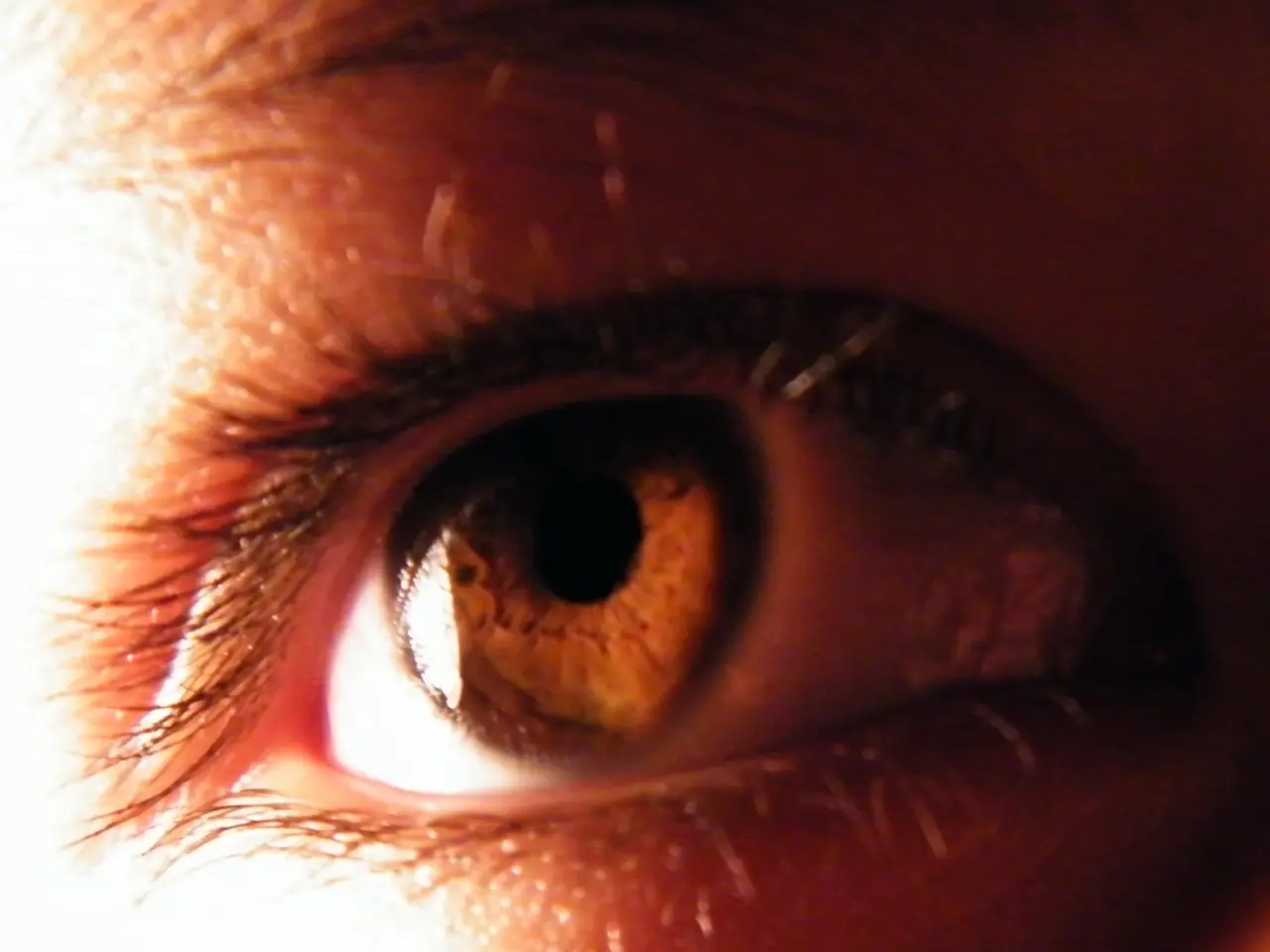Reinforcing Skin Barrier Through Distinction of NHEKs
In the realm of skin care, a lesser-known yet crucial component often goes unmentioned on beauty product labels: Normal Human Epidermal Keratinocytes (NHEKs). These cells play a significant role in maintaining the skin's health, hydration, and barrier function.
NHEKs, which constitute approximately 90% of the skin's surface layer, are the primary cells in the epidermis, the outermost layer of the skin. As they mature, they differentiate into multiple stratified cell layers, forming the epidermal barrier that protects the body from external pathogens and prevents water loss.
The proper functioning of this epidermal barrier is essential for maintaining skin hydration. Components like filaggrin, expressed during NHEK differentiation, help maintain the skin's natural moisture barrier. The structural integrity of the epidermal barrier, supported by the differentiation of NHEKs, is central to maintaining skin hydration and overall skin health.
NHEKs also play a vital role in the skin's immune response, producing proteins with antibacterial, antifungal, and antiviral properties. Furthermore, they interact with external compounds, such as moisturizers or pharmaceutical agents, which may enhance their barrier function or support skin hydration.
As NHEKs reach the stratum corneum, the topmost layer, they form a tight barrier with other cells, preventing foreign bodies from penetrating the epidermis and bolstering the immune system while preserving hydration.
The demand for moisturizing products is on the rise, not just in the women's beauty sector, but also in the men's. A recent study by Mintel revealed that 72% of women in America use a face moisturizer, and 75% of women in China use a daily moisturizer, with 64% also using a night cream. The figures for men are equally impressive, with 27% of American men and 39% of British men using a daily moisturizer.
In response to the growing demand for natural-origin beauty and personal care products, actives like AquaxtremTM from Provital have been developed to stimulate NHEK differentiation, strengthening the structure of stratum corneum cells. This, in turn, can demonstrate the benefits that moisturizing products claim and offer richer and more powerful hydration.
It's worth noting that a diet rich in minerals, vitamins, and proteins can help ensure adequate keratin levels, a key component produced by keratinocytes. The lack of keratin slows down hair growth and weakens existing hair.
In conclusion, NHEKs are vital for maintaining the skin's barrier function, hydration, and overall health by ensuring the skin remains intact and protected against external stressors. Understanding the role of NHEKs in skin care can help consumers make informed decisions about the products they choose to use.
Sciene plays a significant role in the development of skincare products, as research into Normal Human Epidermal Keratinocytes (NHEKs) has revealed their importance in maintaining the skin's health, hydration, and barrier function. The fitness-and-exercise industry can also benefit from this knowledge, as the structural integrity of the skin's epidermal barrier, supported by NHEKs, is central to maintaining skin hydration and overall skin health, which in turn can influence the effectiveness of both skin-care and health-and-wellness products.




